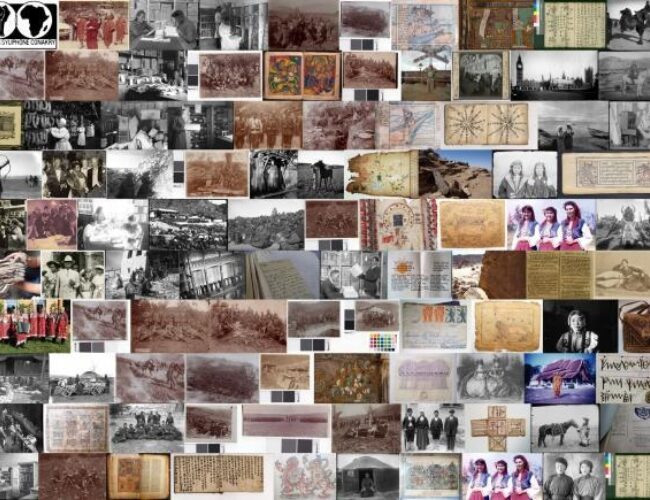Private libraries in Djerba (Tunisia) contain a variety of material which would offer scholars, local families, and institutions a window into the island’s past. However, held in private collection, this important heritage is at risk of degrading or being discarded by its owners.

Djerba is home to dozens of small to medium sized Arabic manuscript and early-print libraries. These include medieval manuscripts held in private collections, as well as more recent manuscripts from the 16th-20th centuries and early print Arabic books held in mosque collections. These collections house religious and scientific texts brought to the island from across the Mediterranean and beyond. The communities associated with these texts are diverse, including Sunni Muslims as well as the island’s minority Ibadi Muslim and Jewish communities.
Both climatic and human factors endanger the collections. Over the past several years, collections have degraded due to humidity and heat, as well as insects and pests. Moreover, some owners have discarded the collections, no longer being able to preserve them.
Stemming from a previous pilot survey project in 2018, this project aimed to digitise seven libraries in Djerba. Due to the pandemic, the scope of the project was reduced to three of the biggest libraries and one small family collection. Nonetheless, 634 items were digitised, with over 120,000 images created. The project created great excitement amongst collectors in the island, and a team of skilled manuscript specialists was created to continue the digitisation efforts after the end of the project.
